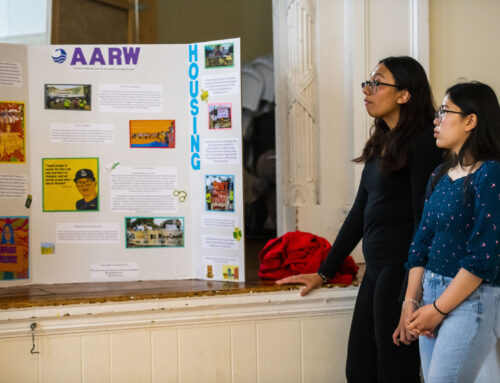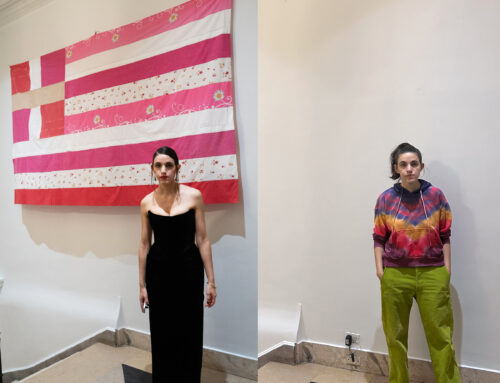11-year-old female made her wishes clear to both authorities and medical professionals: she wanted to terminate the pregnancy which was the result of being raped by her grandmother’s 65-year-old boyfriend.
“I want you to remove what the old man put inside of me,” the girl, referred to as “Lucia,” pleaded to doctors.
It seemed that the law was on her side in this case. Although abortion is illegal in Argentina, rape is one of the very few instances in which a female can legally qualify for abortion treatments. However, rather than immediately address her situation, the authorities in her local province put her case on hold. By then, it was too late: Lucia was forced to deliver a baby via C-Section.
Lucia’s story is just one of the many instances of the law failing to assist a female victim and has reignited an intensifying and fierce debate over female abortion and reproductive rights in Argentina.
The public has certainly not been quiet in regards to this case. As outrage over this case spread across the intense climate of the nation, Argentine women flooded social media platforms with pictures of themselves as 11-year-olds and 12-year-olds with the hashtag #NiñasNoMadres, or “girls, not mothers.” Because the allowance of abortion given to rape cases has failed more than just Lucia. It was reported in 2017 that 2,493 babies were born to girls under the age of 15 in Argentina.
Although lawmakers continue to argue that the court ruled in favor of the abortion, it no longer became a matter of the decision, but the execution of the decision. Permitting an abortion is insignificant if the young girl was unable to secure the medical treatment she deserved and was entitled to.
After Lucia had been experiencing stomach pains for days, she went to see a doctor, who quickly discovered that she was 19 weeks pregnant and sent her to a public hospital in Banda del Rio Sali, just outside the provincial capital, two days after her initial screening. At the hospital, the young girl and her mother made explicitly clear that they wished to end the pregnancy, letting the doctors know the abhorrent cause behind her pregnancy.
Over the following weeks, the girl and her relatives were tangled in the nation’s abortion wars as local officials and activists took steps to stop her from “taking her child’s life,” as many phrased it.
Instead of arranging for the young girl to end her pregnancy, officials and medical professionals gave the girl drugs which accelerated the development of the fetus, according to her lawyers. “These were essentially delaying mechanisms to pass time and force the girl to give birth,” reports Celia Debono, the Argentinan coordinator of Latin American and Caribbean Committee for the Defense of Women’s Rights. “They claimed to have been giving her vitamins when they were given her medication to mature the fetus.”
Ultimately, Lucia’s baby was unable to survive. Yet, Lucia had gone through an irreversibly forceful and painful experience of giving birth to her abuser’s child. Lucia’s case, which happened in February of 2019, reveals the lack of progress we have made and the progress we need to make in protecting not only women’s health, but also their right to be given treatment without external biases and influences.
Lucia is not the only one whose life has been harmed by the neglect of professionals and the negative influence of anti-abortion activists. She represents the systemic betrayal many countries have towards women and girls: in which they are less respected than the fetuses they carry.




